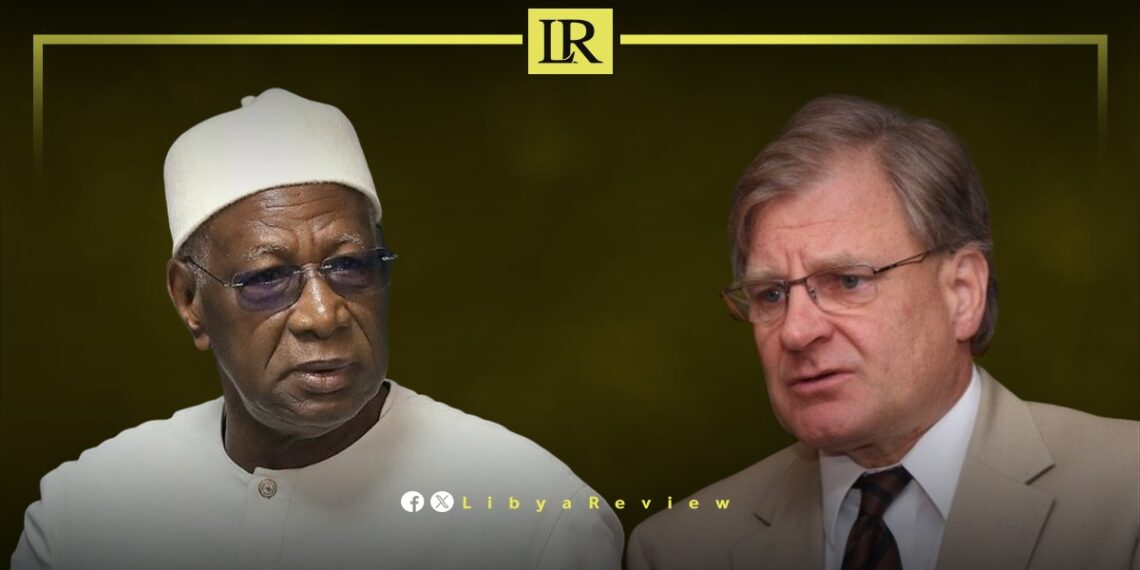On Thursday, Jalal Al-Shwehdi, a member of the Libyan House of Representatives, blamed US Envoy Richard Norland and UN Envoy to Libya Abdoulaye Bathily for deepening the political crisis in Libya.
Al-Shwehdi’s statements shed light on the complex layers of Libya’s ongoing political turmoil and the role international diplomacy plays in seeking stability and unity.
He argued that resolving Libya’s political deadlock hinges on holding elections governed by regulations established by the joint “6+6” committee. Al-Shwehdi criticized UN envoys’ reports, alleging misrepresentation of Libya’s situation, complicating the political landscape further.
Expressing concerns about the Government of National Unity (GNU) led by Abdul Hamid Dbaiba overseeing the electoral process, Al-Shwehdi questioned its fairness and transparency. He proposed transitioning power to an impartial government to ensure a fair electoral process if there’s genuine desire for democratic elections.
Refuting Dbaiba’s claims of parliamentary inaction leading to salary payment delays, Al-Shwehdi asserted the government’s responsibility for wage disbursement. He accused Dbaiba of attempting to sway public sentiment against the parliament.
Al-Shwehdi also scrutinized Dbaiba’s allegation of a $200 million transaction detected in a single week, questioning the oversight that allowed such a withdrawal under their watch.
His critique underscores significant political divisions within Libya and highlights challenges facing international efforts for peace and stability. Al-Shwehdi’s remarks stress the urgent need for transparent, impartial, and fair elections as a foundational step toward lasting peace, governance reform, and national unity.


